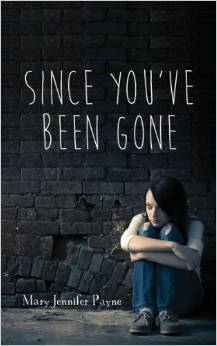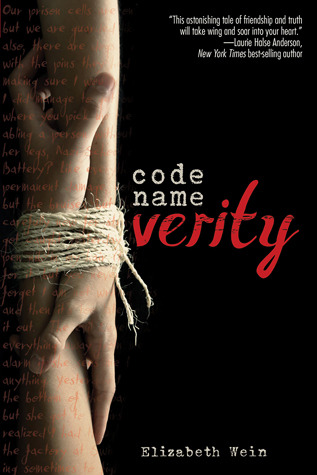I received this book for free from the author in exchange for an honest review. This does not affect my opinion of the book or the content of my review.
Source: the author
Jerusalem Spring
by
Fares Aoun
fiction in a paperback edition that was published by Createspace on November 1, 2010 and has 221 pages.
Explore it on Goodreads or Amazon
A standalone tale of the Deep South of the 1960s.
My Take
Aoun is attempting to draw a parallel between the Deep South of the 1960s and the current situation in the Middle East with the Palestinians; the intent is lovely but fails by using the exact same characters with the almost-exact same situations, I am so confused in the second half of the story as to what and where I am that the message misses me by a mile. Although, it probably would make this an excellent choice for a bookclub as everyone could argue their hearts out!
As for the individual stories, in US 1960s, I am enraged and furious within the first two chapters. I will NEVER understand how people can treat others like this. There is no humanity in this. At the very least, where are their brains?
Scott and Sarah are both white and Scott is the warden in a prison in the South and they both are against segregation. Scott appears to be more consciously active than Sarah who is more of a lip-service kind of person. She wants to make a difference but as soon as something is asked of her, she wants out. (There is a nice bit, which illustrates Sarah’s fears on page 23 with the anecdote of the pregnant woman on the bus.) Joe is a long, long-time inmate who is the prisoners’ interface with the warden with whom he is “friends”. As “friend” as you can get when you’re black and a prisoner with a white warden. Both Joe and Scott are between a rock and a hard place. Scott likes Joe for his conversation and the fact that they can both share books and Scott’s frustrations over the current prison system although he must always remember the roles they each play. Joe truly does like Scott as a person and respects him for what he is trying to do for the prisoners but also knows “his place” particularly when reminded of it in the aftermath of the kitchen riot. Then there’s prisoner 2012 (12). It’s frustrating to read all the innuendo about 12 and not know what happens to him or his potential family. What has he been doing on the outside that Joe respects so much? Does he manage his escape?
The writing itself is abrupt and choppy. Which could simply be part of setting the atmosphere. I was getting rather frustrated with the timeline jumping around so much but then realized how useful it is as not knowing what leads to 12 and 13’s incarceration is part of the tension. Then when you read Chapter 9…goddammit, what is wrong with people!
Wow. Just started the Jerusalem section. It’s difficult to cope with the sudden change. I don’t know when or where I am. It’s hard to concentrate on the story parallels when I’m struggling so hard to understand what’s happening. Is that part of the message? Struggling to understand?
I’m unhappy with the second half because I’m so busy trying to reconcile the characters and their relationships appear to be exactly what they are in the first half and yet they are two completely different groups.
I do like the message that Yusef is trying to convey to Mustafa about not attacking civilians. He’s right. And he’s right about the right-wing terrorists giving Islam a bad name—is the parallel supposed to be with the Ku Klux Klan and others of their ilk? We still have no idea what role Mustafa has played on the outside only that Yusef [still] respects what he is trying to do. Yusef/Aoun makes an excellent point about the politicians’ being more interested in manipulating the situation(s) for their own glory/power than in helping their own people…a rather similar parallel to the upper-echelon inmates being more concerned with the individual than the group. I’m not sure about the parallel between the Bible group in the prison and the extremist faction both of whom take over 13 when he is released from hospital except that they are both about religion. The Bible group was preaching forgiveness while the Jerusalem group so very obviously was not.
The obvious parallel between the two is the prison set-up of walls and passes and guards. In some respects the Deep South may be more lenient for Joe’s college attendance than was the Ministry and the University of Tel Aviv. Terrorism by whites of blacks and the terrorism of the right-wing Muslims of Israelis is, I suppose, another parallel but not, perhaps, the one Aoun was considering.
I like the characters in the first half best; they’re well-written although the dialog feels off at times. There are a number of sections of dialog, which don’t use contractions and it feels very formal when it shouldn’t be that way. The characters in the second half I…I don’t even know them.
I think the title, Jerusalem Spring refers to Mustafa’s baby’s due date? I do love the cover but then I’m prejudiced as I adore well-done graffiti and it seems to be an abstract for both US and Jerusalem—another parallel if you will.
An easy read that leaves you with a LOT of questions…










